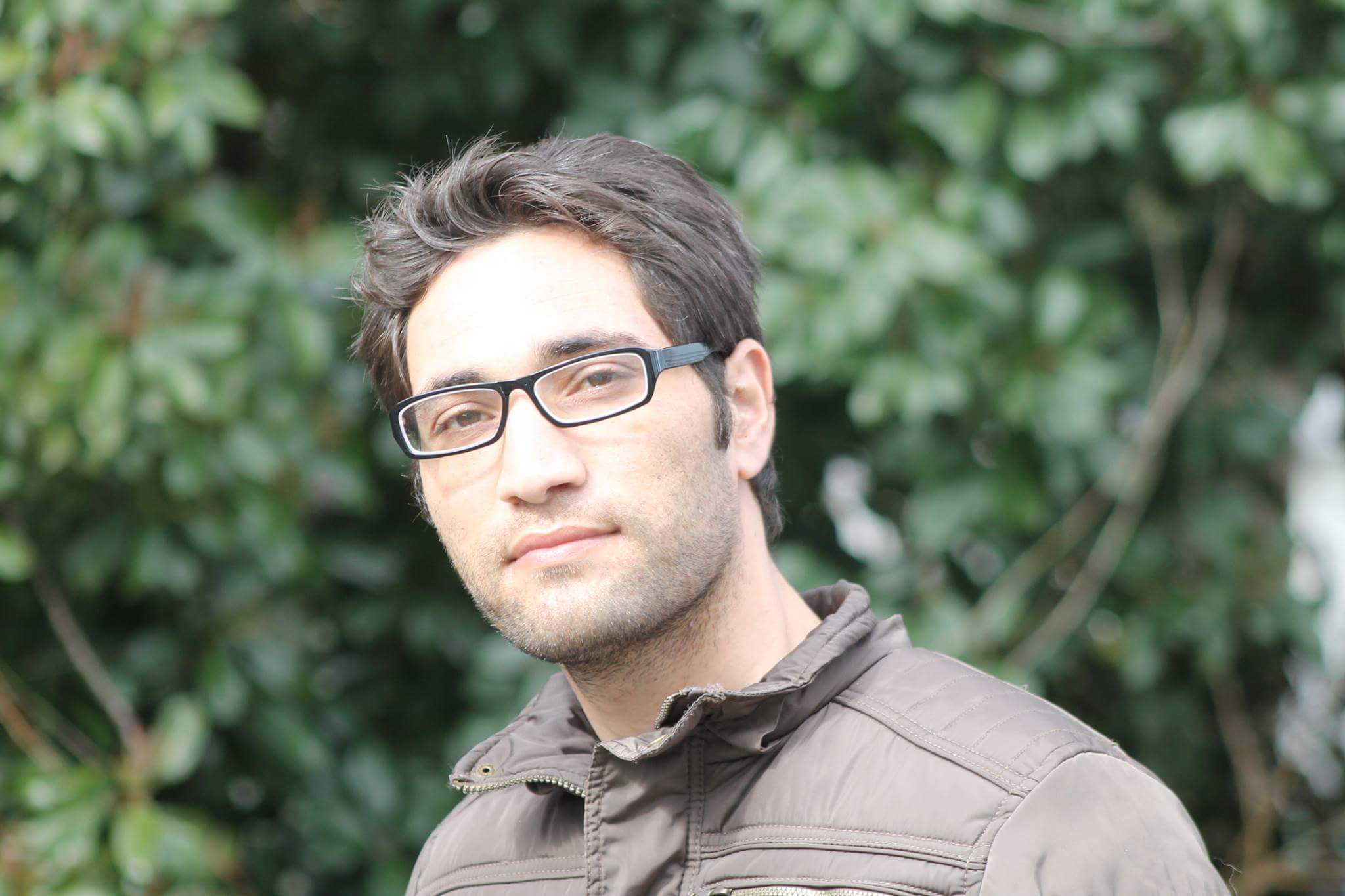A 12-year-old Ahwazi boy is reported to have committed suicide on Tuesday, 24 July. His death has sparked outrage on social media at the state-sponsored racial discrimination and hardship faced by Iran’s minority Ahwazi population. The suicide came after the boy’s mother was forced to sell his mobile phone and bicycle to pay the rent so that the family would not be evicted from their home. He has been named only as Meysam.
His mother returned to the family home in a poor neighbourhood of Abadan on Tuesday evening to find that he had hanged himself. According to reports from local activists, his mother was hysterical with grief, and lost the power of speech.
After the boy’s body was removed, police investigating his death found that Meysam, a bright and popular child who was doing well at school, had been distraught at the sale of his prized possessions. Meysam was the eldest of two children, the other being a five-year-old girl. His mother is the family’s sole wage earner who works tirelessly as a housekeeper and cleaner, going from door to door to offer her services and often earning less than 20 cents per day. Neighbours had reportedly tried to help the family as much as possible, but their situation was desperate, with the mother’s paltry income insufficient to pay the rent and buy basic foodstuffs.
READ: Ahwazis ask for clean water but get live bullets from the Iranian regime instead
Activists reported that the landlord went to the family home on Monday demanding payment of all of the outstanding rent within 24 hours or the family would be evicted. Although Meysam’s mother pleaded with the property owner to give her some additional time, he refused. Fearing homelessness with her children, she was forced to sell many of the family’s meagre possessions, including her son’s beloved mobile phone and bicycle, to raise enough money to pay the outstanding rent.
His mother tried to reason with Meysam before leaving for the landlord’s office with the money, promising to replace the items as quickly as possible, but he refused to believe her. Neighbours report that despite her desperation, they could hear the child’s tearful rejection of his mother’s pleas. On returning from paying the landlord, she knocked repeatedly on the door of their home where she had left Meysam looking after his sister, who was asleep. When there was no reply, she asked a young neighbour to climb the back wall and enter their home from the back to open the front door for her. After vaulting the wall as requested and entering through the back door, the young man shouted in horror when he saw the boy’s body hanging from the ceiling; he had fashioned a noose and hanged himself. Although neighbours rushed to the distraught mother’s aid and cut the body down, it was too late to save Meysam, who was already dead. His five-year-old sister, who had, mercifully, slept through the whole episode, was hustled away quickly to a neighbour’s home so that she wouldn’t see the horrifying sight.A friend of Meysam’s claimed that he had spoken with him the night before; the boy had apparently posted something on social media which suggested his suicidal feelings. The friend said that he had messaged Meysam to try to discourage him from contemplating suicide but added tearfully that the messages hadn’t been read.
Suicide rates and cases of self-immolation continue to rise in Iran as more Ahwazis despair due to the escalating oppression and poverty. Almost forty years of systematic disfranchisement, discrimination and oppression have led to a situation where the Ahwaz region, the most resource-rich region of Iran, is the poorest; the majority of Ahwazi households live below the poverty line. Despite the current theocratic Iranian regime’s rhetoric of “resistance” and “defence of the oppressed”, it is in fact a thoroughly supremacist ruling power, possibly even more so than the Pahlavi dynasty.
#Ahwazi
The Unrepresented Nations and Peoples Organisation (UNPO) confirmed in 2013 that the Ahwaz region is the poorest in Iran. In theory, the vast mineral wealth therein, which accounts for over 95 per cent of the oil and gas resources claimed by the Tehran regime and for 15 per cent of the world’s total oil and gas reserves, should make Ahwaz the richest part of the country. In practice, though, in a bitter twist of irony, Ahwaz’s natural wealth has been turned into a source of suffering for its people, both through the catastrophic environmental pollution from the oil and gas drilling operations there and the massive profits being used by successive regimes to crush any resistance and to keep the region’s people — and rightful owners of its natural resources — in a state of medieval-style deprivation.
READ: ‘Iran killed my daughter’s dreams, torched her childhood and destroyed her future’
Such tragedies as Meysam’s suicide are, unfortunately, not uncommon, with Tehran’s systemic racism, poverty and high unemployment rates blighting the lives of the Ahwazi Arabs. Suicides by children and adults alike have increased noticeably in recent years as the economic crisis continues to worsen. The already bleak situation has become intolerable for many, with a heartbreaking number of young Ahwazi Arab men protesting against their unbearable situation and the regime’s anti-Arab racism by acts of suicidal self-immolation, often in front of the oil and gas companies’ headquarters and government offices which continue to deprive them of jobs and hope.
The views expressed in this article belong to the author and do not necessarily reflect the editorial policy of Middle East Monitor.


![Ahwazi children in Ahwaz, Iran [Ahwaz/Wikipedia]](https://i0.wp.com/www.middleeastmonitor.com/wp-content/uploads/2017/04/2007_6_15-Ahwazi-childrenAhwazi_children.jpg?fit=1200%2C800&ssl=1)

![Iran protests in January 2018 - Cartoon [Sabaaneh/MiddleEastMonitor]](https://i0.wp.com/www.middleeastmonitor.com/wp-content/uploads/2018/01/2017-2.jpg?resize=500%2C310&ssl=1)








